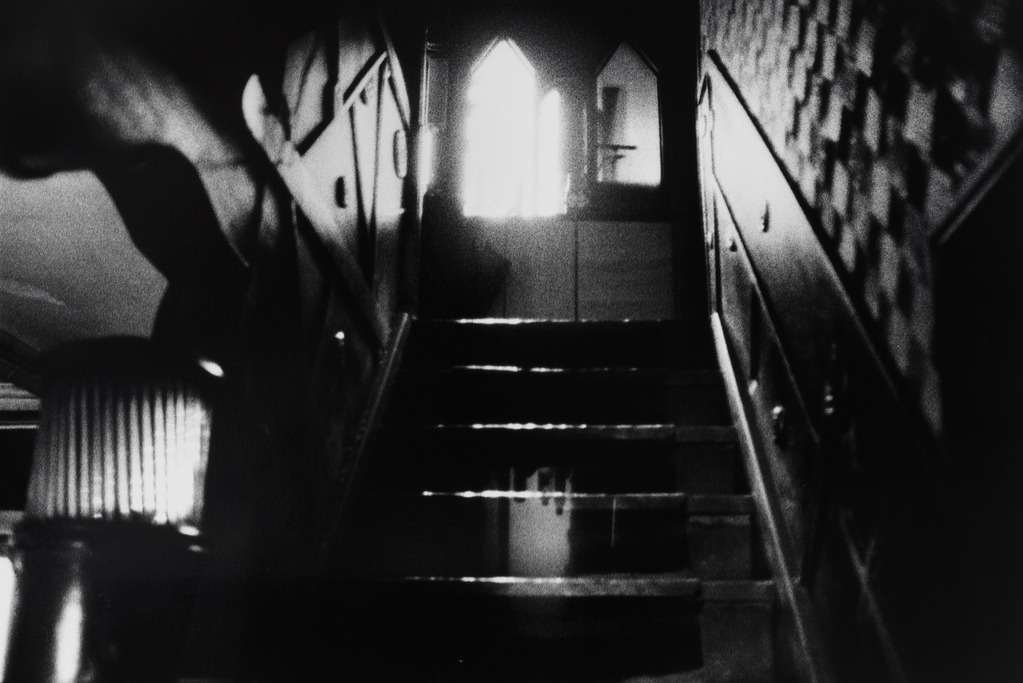Ishiuchi Miyako’s early life near Yokosuka’s U.S. military base
Ishiuchi Miyako—Early Career
March 2016
Miyako Ishiuchi: I’m Miyako Ishiuchi. I was brought up in Yokosuka. There was a big U.S. military base in Yokosuka, which means there was a border right in front of you. From there on was the United States, and from here on was Japan. I grew up in a place with a distinct border. When you were raised in Yokosuka, there was the music, and the jeans—all those positive influences in fashion and music. But at the same time, at this naval base, there was always the scent of semen hanging in the air. In Yokosuka there were places a woman could not enter because if you did, you’d get raped. Rape was a daily occurrence in Yokosuka. It was the Yokosuka base that taught me I was a woman. That, in a sense, left a scar inside me. That was Yokosuka for me.
My first work as a photographer was called Yokosuka Story. I was convinced that only I could shoot the real Yokosuka, so it started out with a rather presumptuous conviction. I just wanted to take photos and to come face to face with my past through photographs. I needed to reflect on my private and most inner thoughts, my memories, and “fix” them. Photography was ideal for that. I learned everything, all the emotions, in Yokosuka. I couldn’t move forward until I photographed all that.
I conceived the series Endless Night when I was shooting Yokosuka Story. On my way to school I used to walk by the red-light district. Even as a child I would wonder what the place was. I thought about the idea of women earning money using their bodies. And I thought about the value of a woman’s body during Endless Night. But that wasn’t necessarily because I was a female photographer. In Endless Night I came face to face with this body that I inevitably inherited as a woman.
I don’t take photos from the standpoint of feminism, but it does exist as a part of my expression. It’s still not accepted for a woman to express herself in our society. But rather than fighting for it, you just have to keep going and not give up. You have to continue doing what you do. That’s the only way to change things.
People are afraid of me. They think I’m intimidating. Once they meet with me, they know I’m not like that. But it’s important to present that image to society. It’s a man’s world out there, and in order to survive, you have to protect yourself. There are more female photographers now compared to the past, but in reality, the environment hasn’t changed that much. So what does one do? I’ve simply stuck to my principles and lived my life. That includes all kinds of women’s struggles, but basically, I’m just living the Miyako Ishiuchi way of life.








